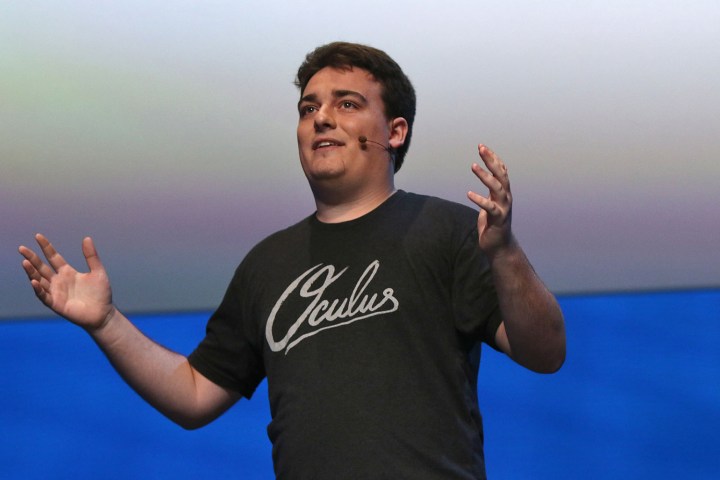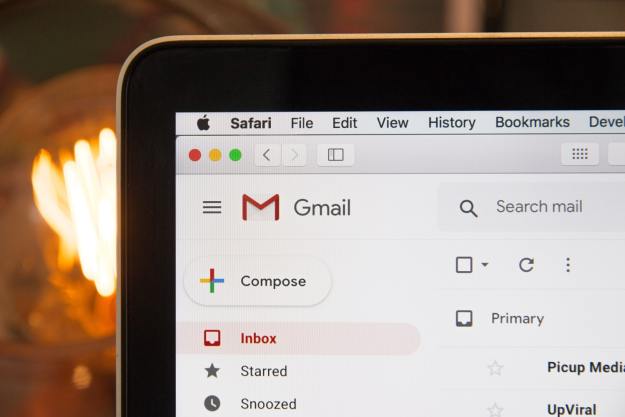
Luckey recently addressed Oculus exclusivity in his second Ask me Anything on Reddit. The concern from fans was that much like consoles, Oculus would be pushing for content to be exclusive to its hardware only, creating a fractured environment for virtual reality where content would be locked away behind closed platforms.
But that’s not quite what’s going on, as Luckey explained.
“When we say ‘Oculus Exclusive,’ that means exclusive to the Oculus Store, not exclusive to the Rift,” he said. Much of that content would also work on the Samsung Gear VR. “Much like the television and phone markets,” within a few years there will be a number of hardware options, covering a wide range of qualities and price points, and Oculus software should work on the vast majority of them.
You will just have to buy it through the Oculus store. That creates a minimum quality level for Oculus approved VR experiences, which is important for first generation hardware. There will be some exclusivity to start with, but that’s only because Oculus’ headsets will be the first out there.
“If and when other headsets come out in the future, and if and when the companies making those headsets allow us to support them, you might see wider support,” he said.
This isn’t that dissimilar from how Steam was started.
Part of the exclusivity is to help protect Oculus’ investments. While it hasn’t made its headsets with profit in mind — purportedly Oculus is taking quite a hit on a lot of its components — it has been investing in content from the early days of the Rift. The games birthed from those investments are titles it wants to use to push the Oculus store, and certain standards of game and experience development.
“Anything we make is going to go through our store. That way, the distribution cut also goes to us instead of someone else, which helps us pay our employees, give financial and development aid to game devs, and keep the price of our hardware as low as possible,” Luckey said. He did however say that in the future Oculus may not invest in games as much, since there will be enough of a marketplace for it to not need to.
He added that Oculus exclusivity was not a requirement for software and games looking to be listed on its Store. Just as some video games are found on Steam, GoG and other stores at the same time, so too will it be possible with Oculus’ store.
But Oculus hopes that its store will sway users in the company’s direct. The Oculus Store will have 360 degree capture scenes from the game to judge whether it’s worth it for the player to purchase. There will also be comfort ratings, and more details on game experience to make it easier for people to make informed purchases. The company also says everything in the store will run well on the Rift’s recommended hardware.
Editors' Recommendations
- Apple VR headset in the works, AR glasses coming later
- Oculus Quest vs. Oculus Rift
- Has Oculus Link let the Quest completely replace the Rift S?



